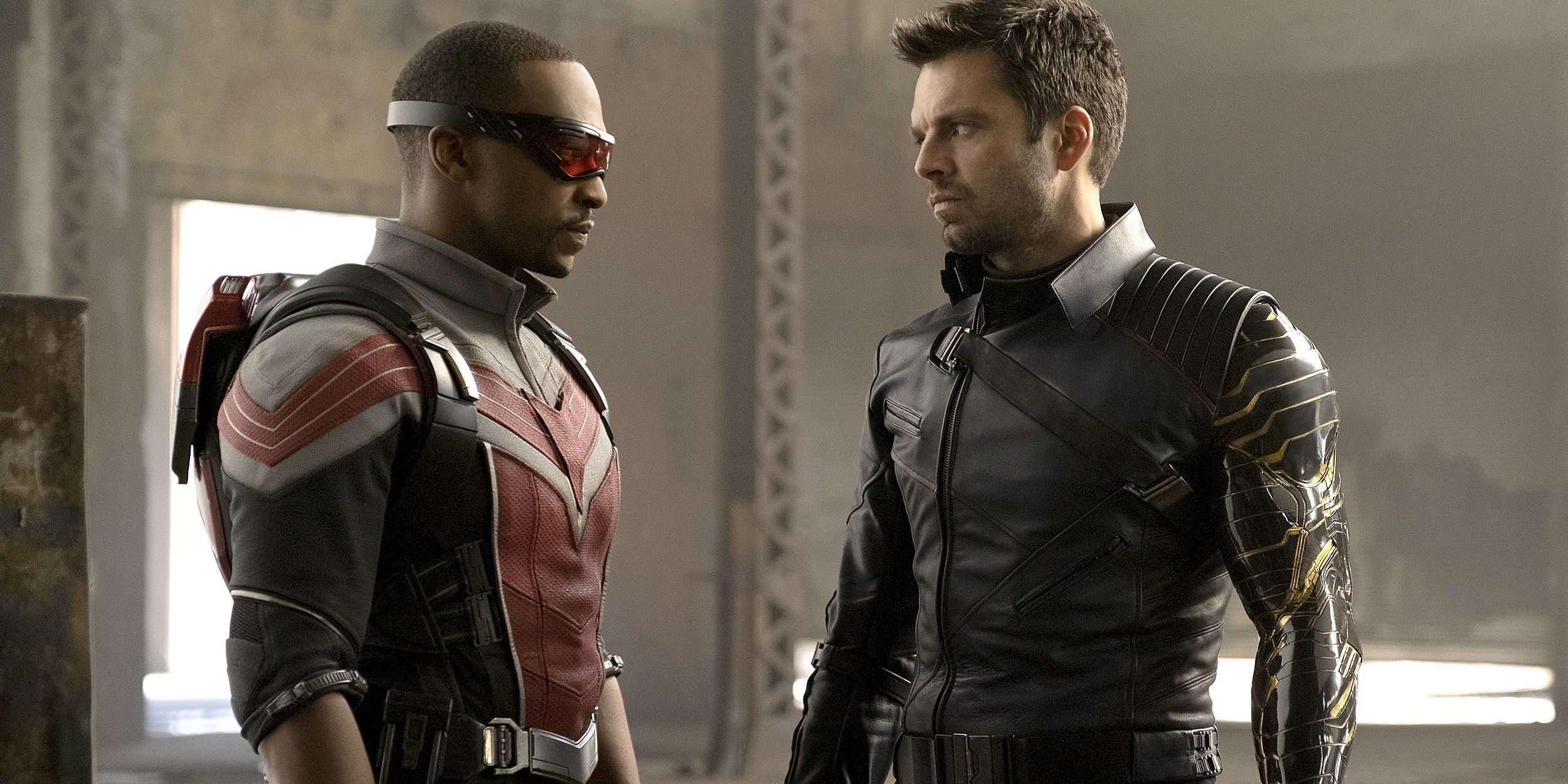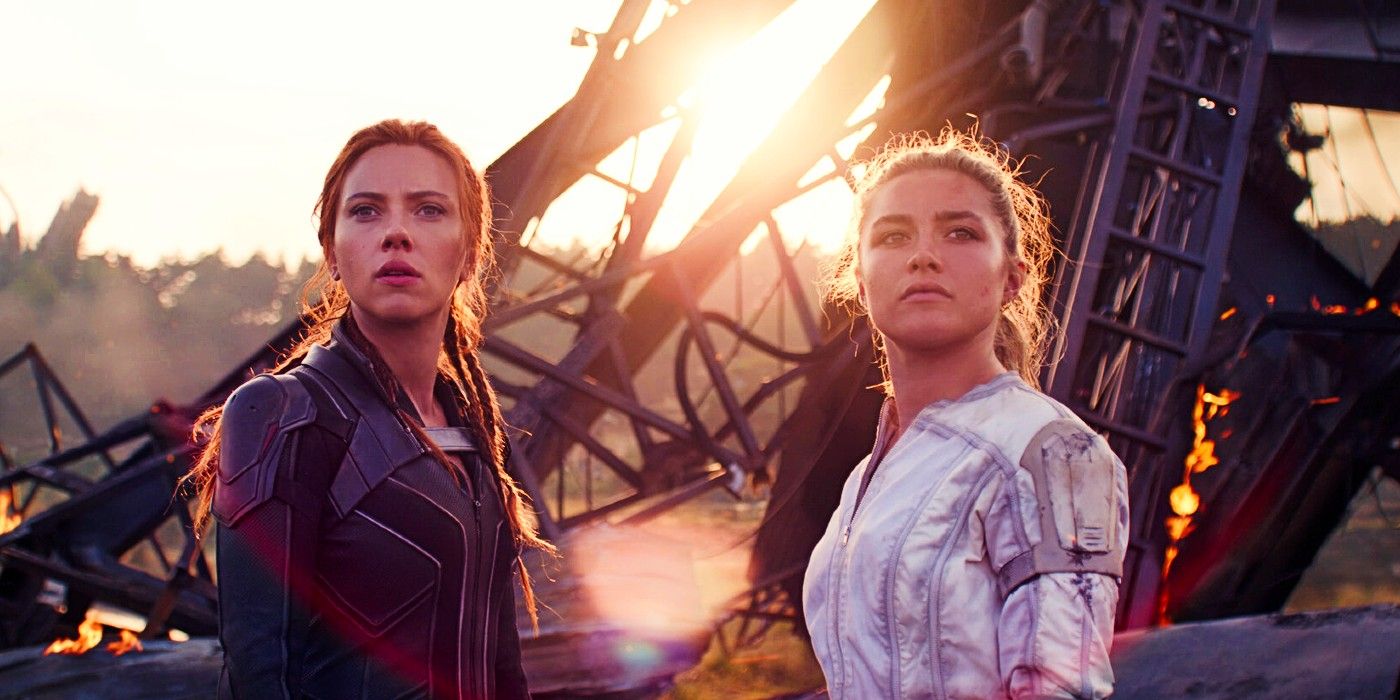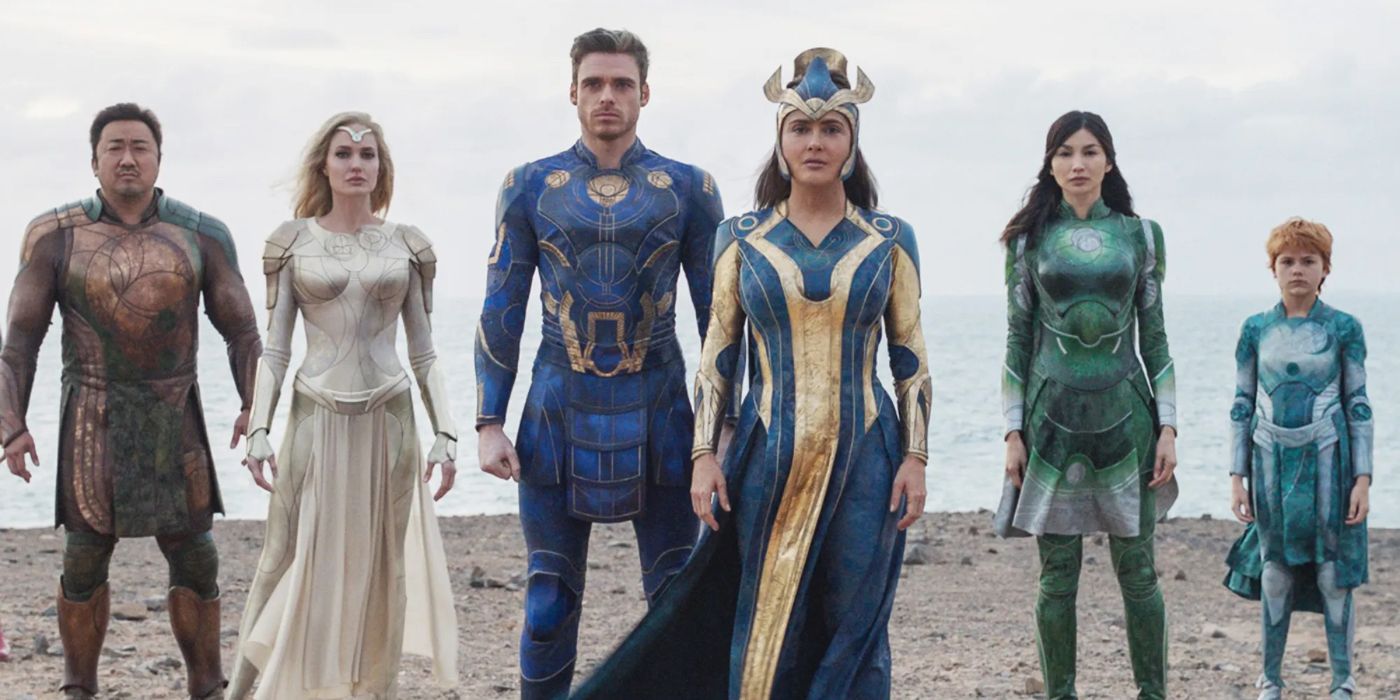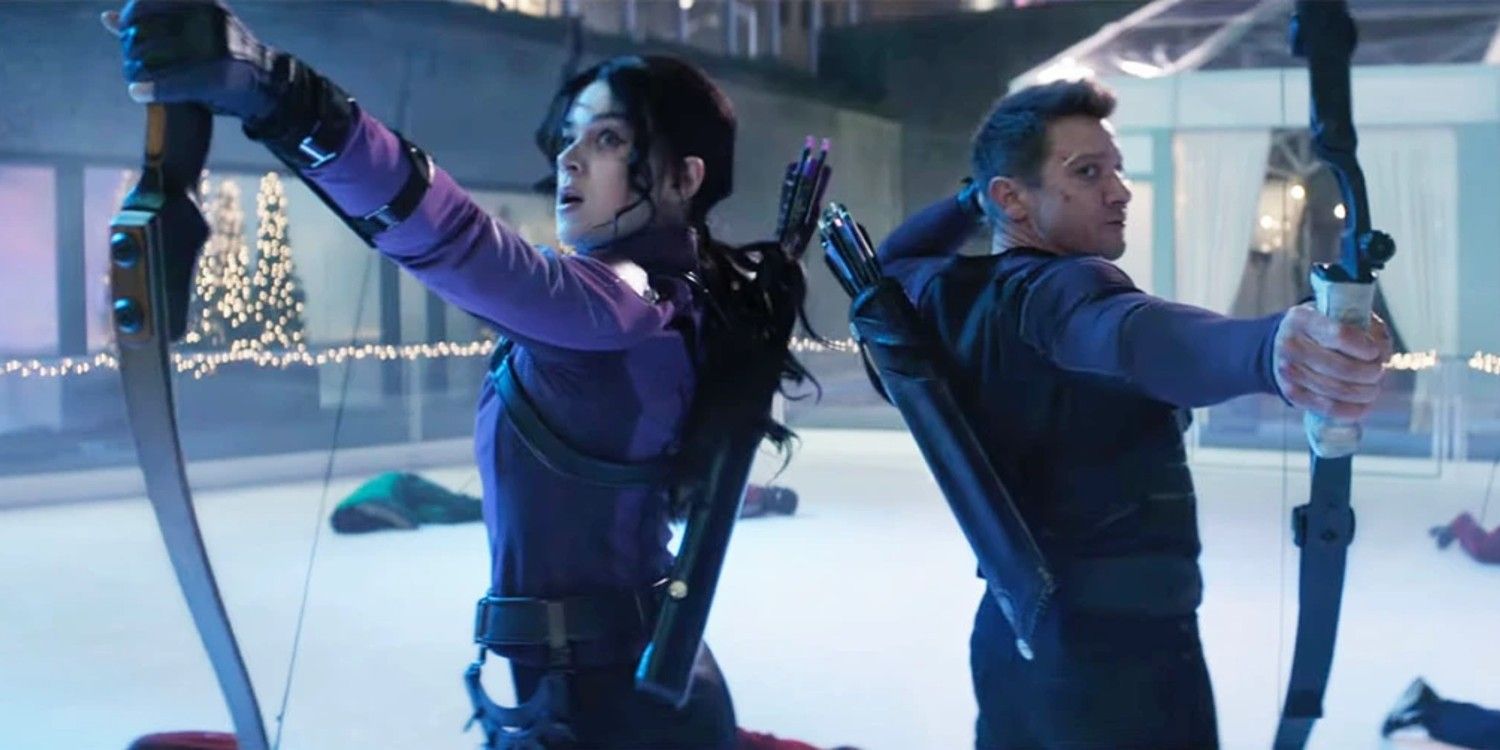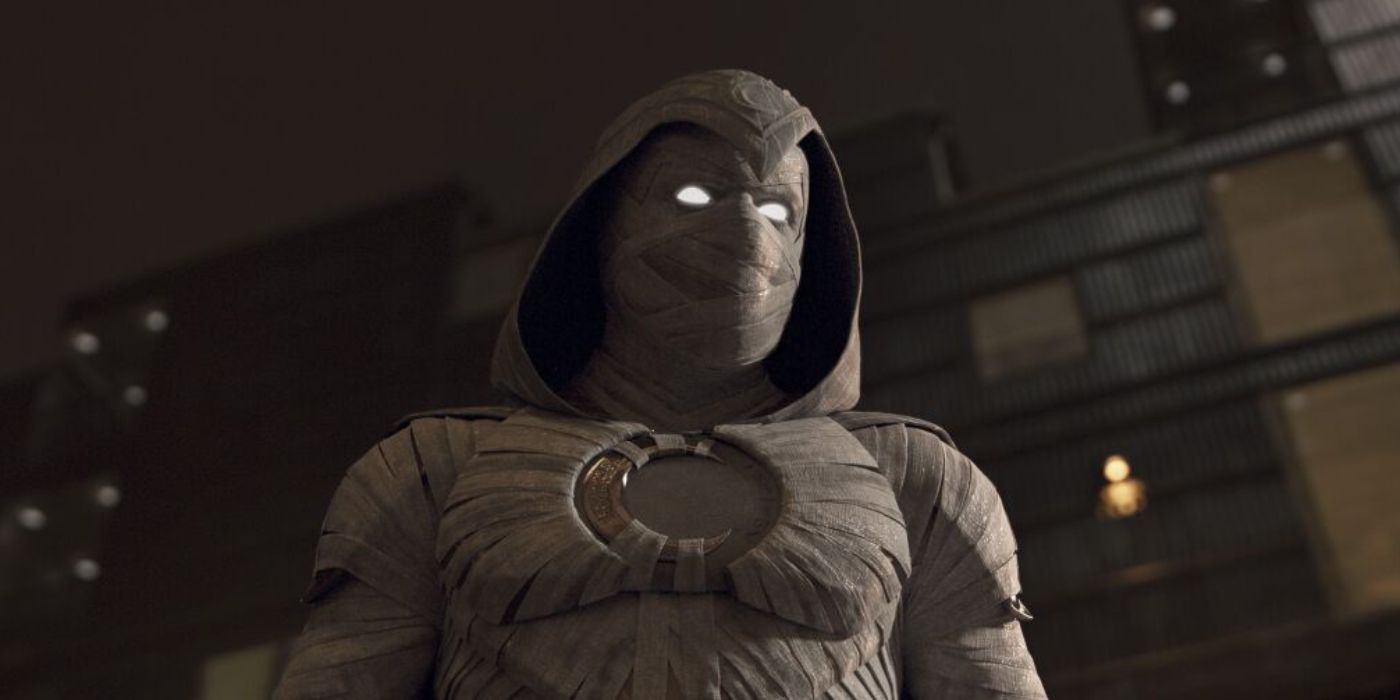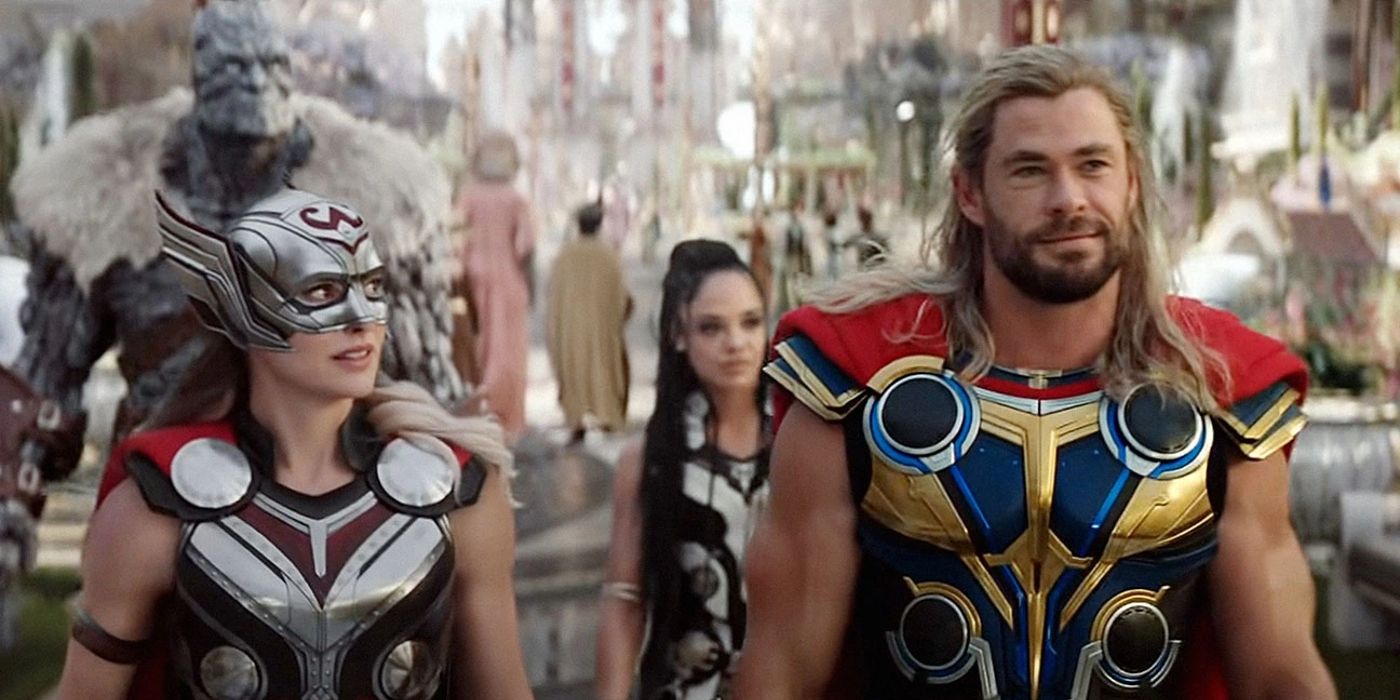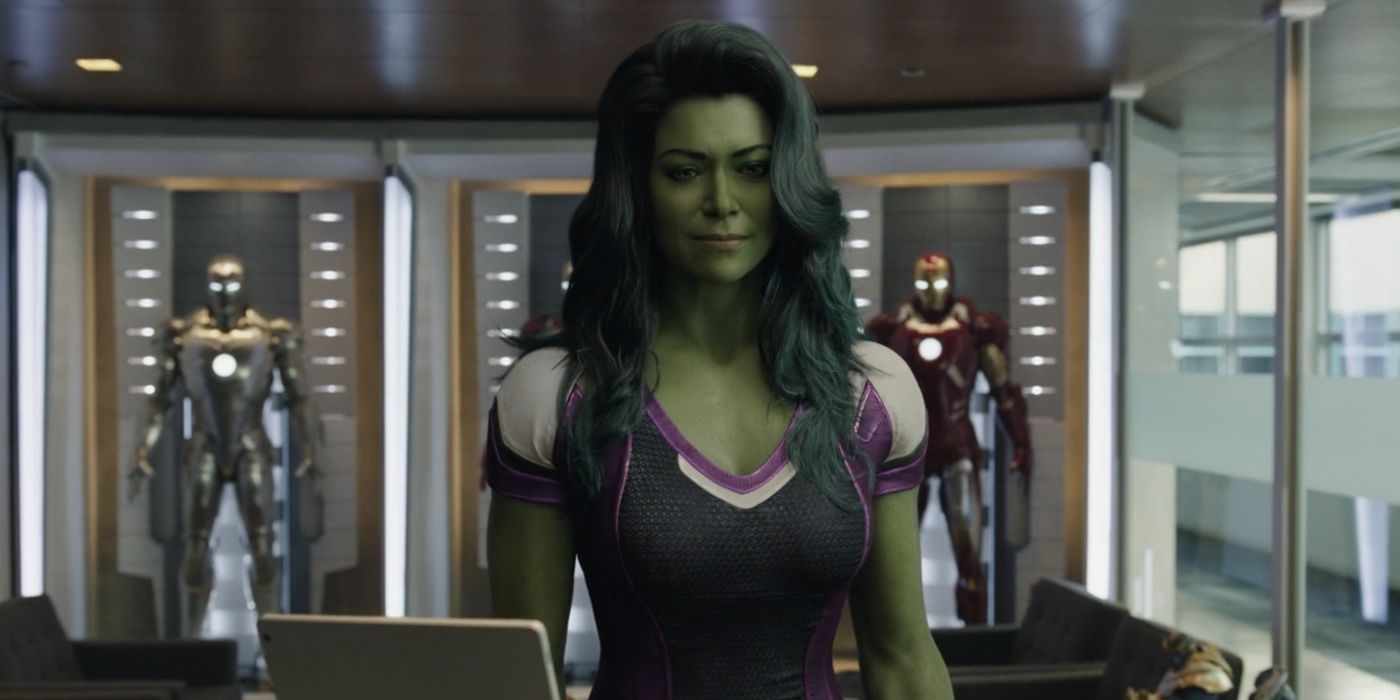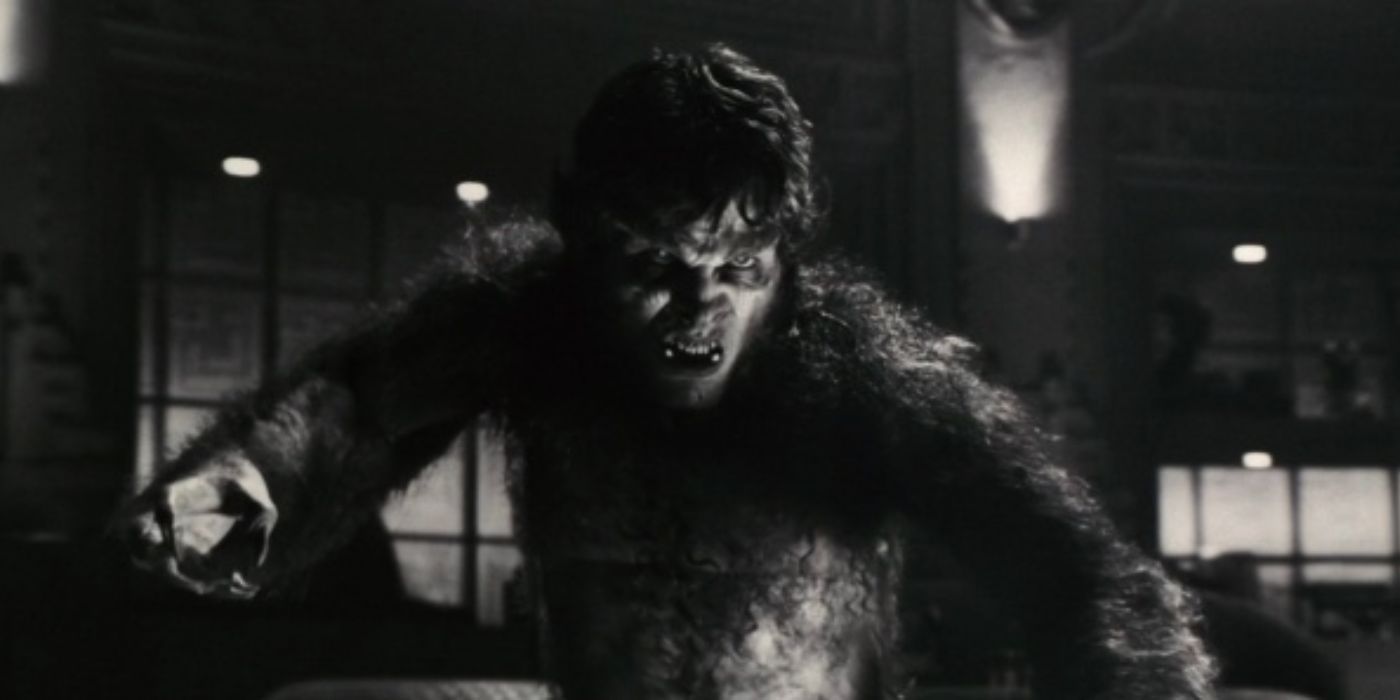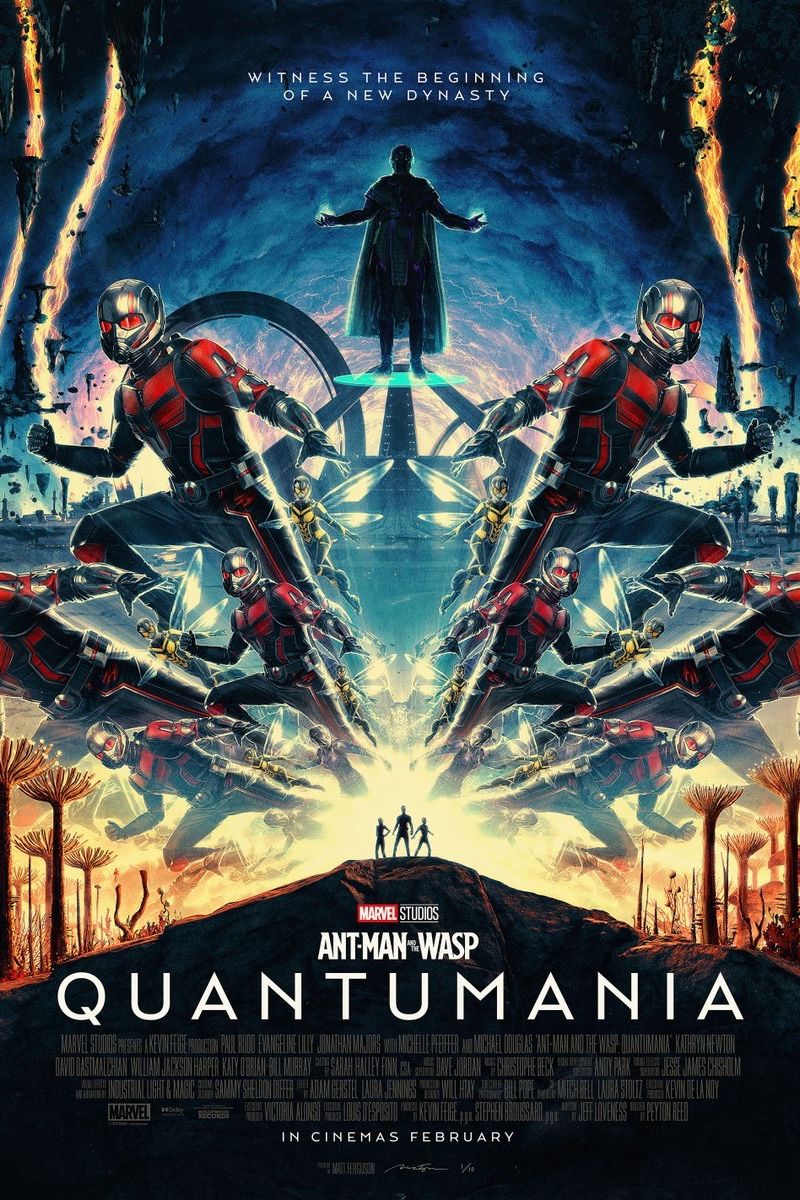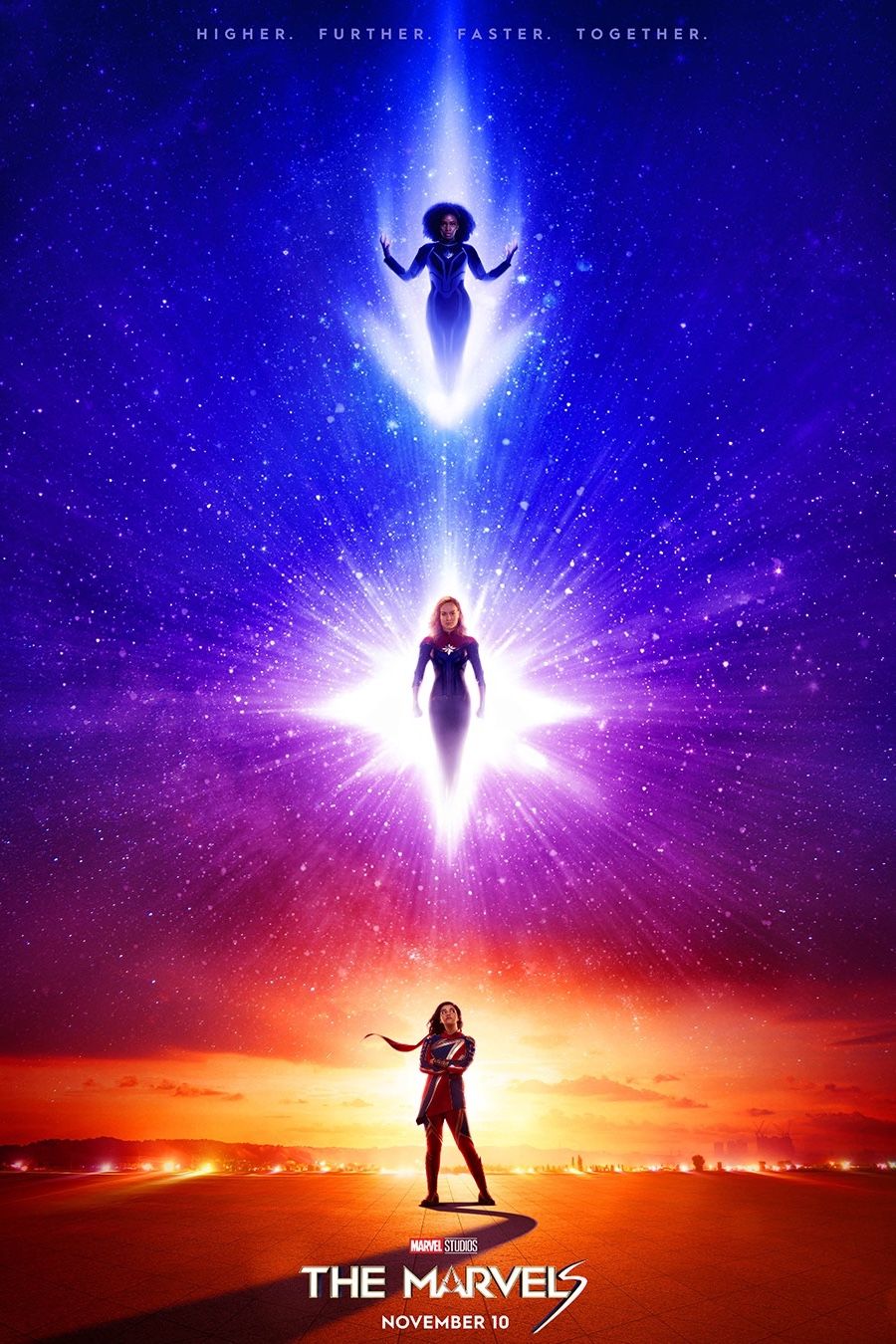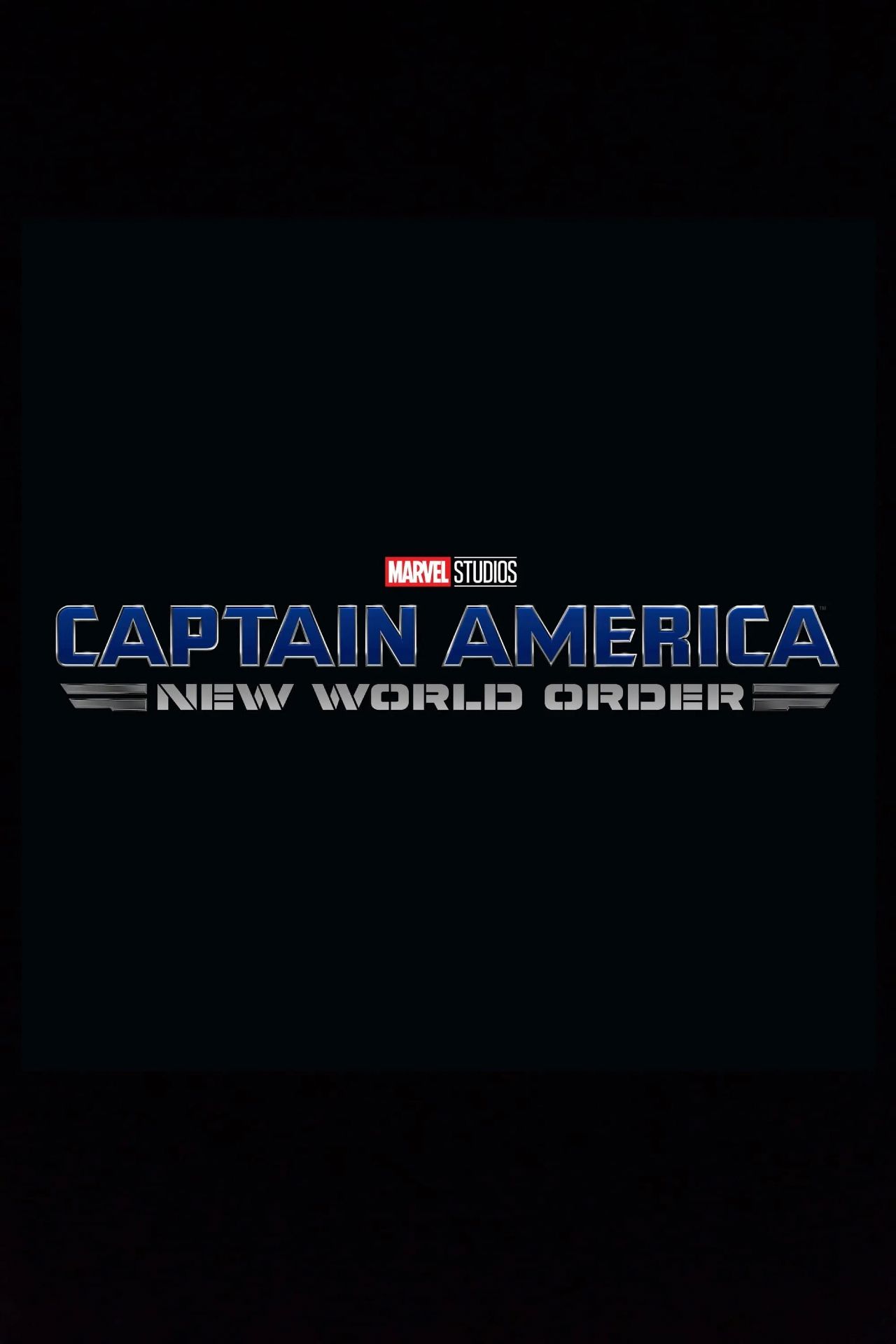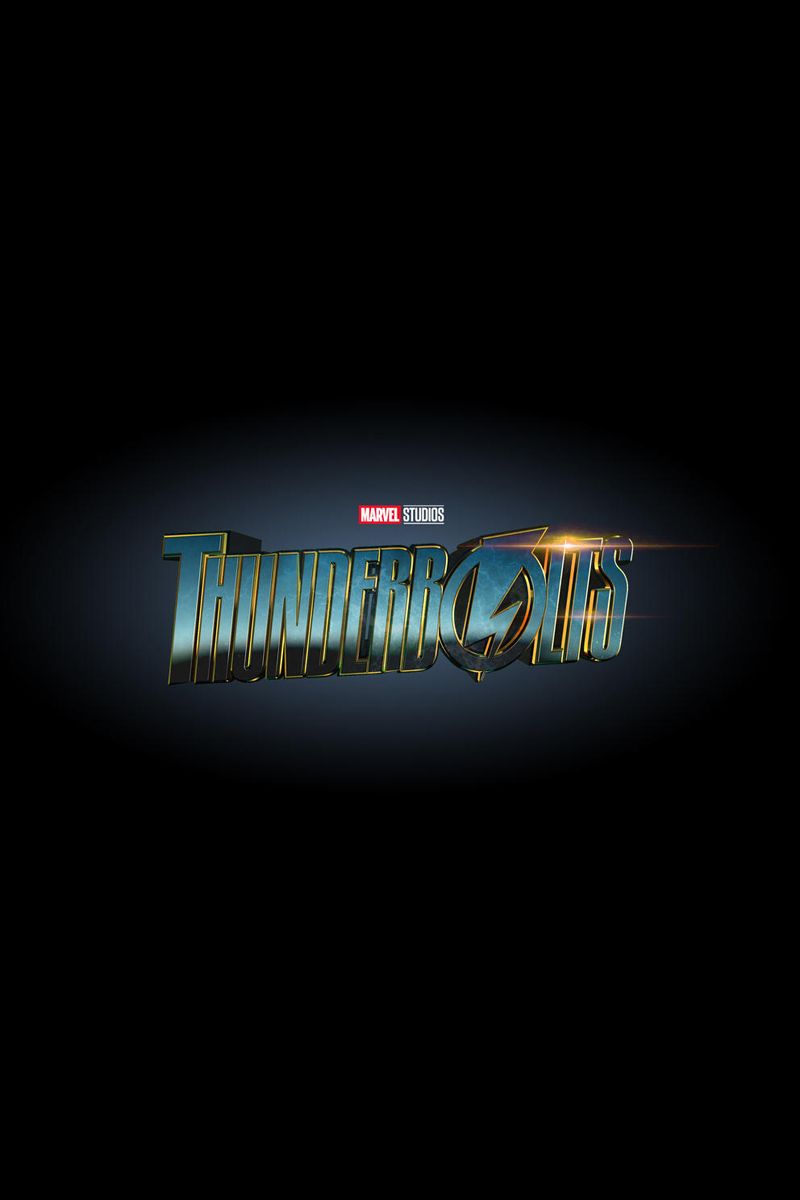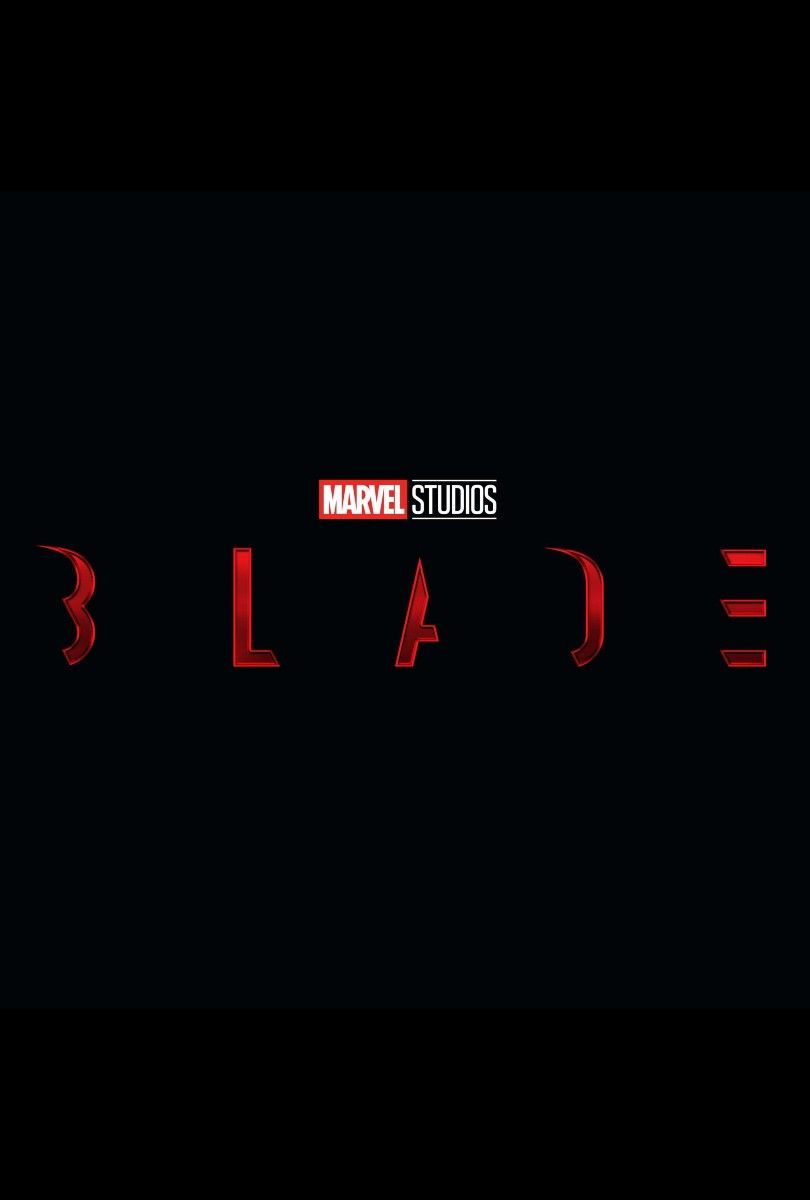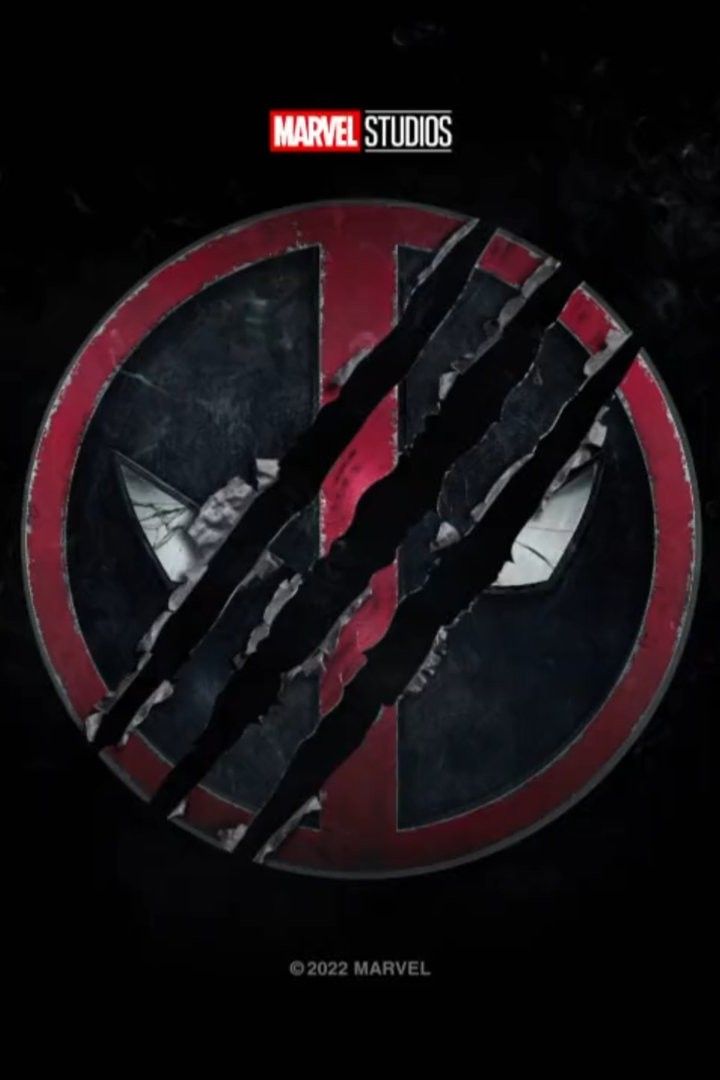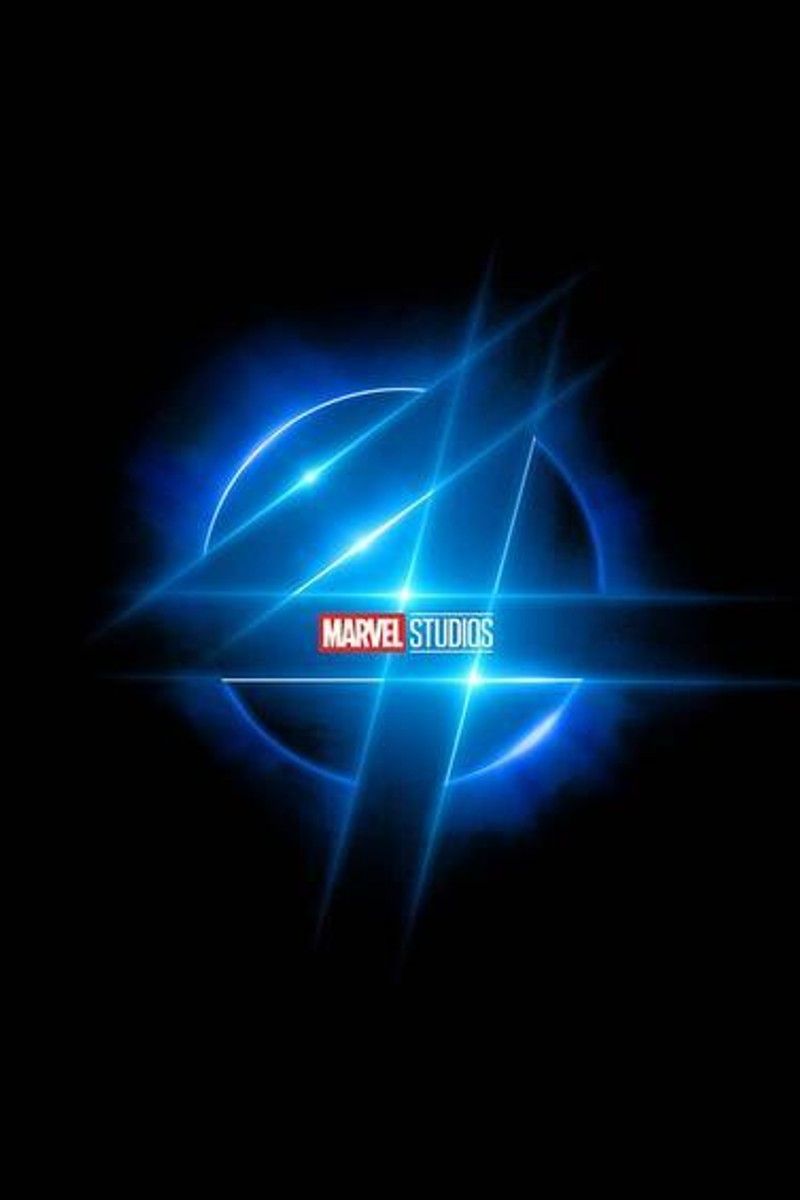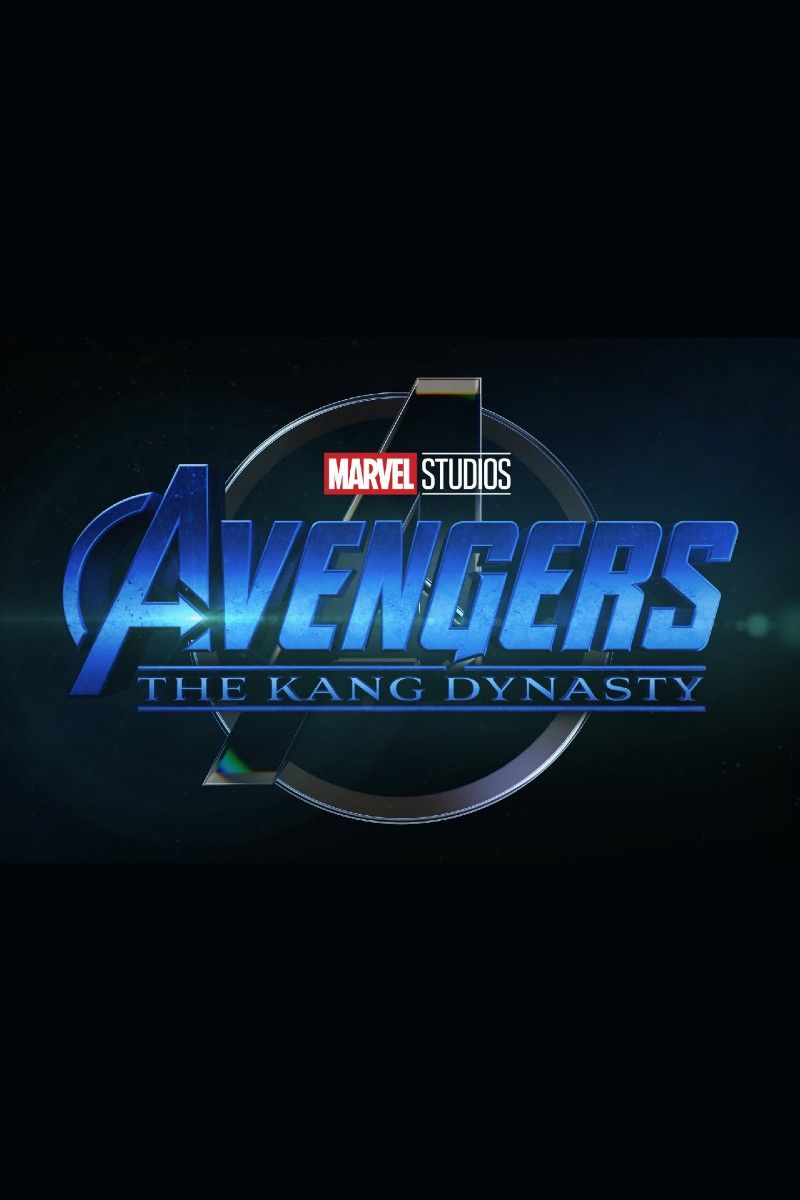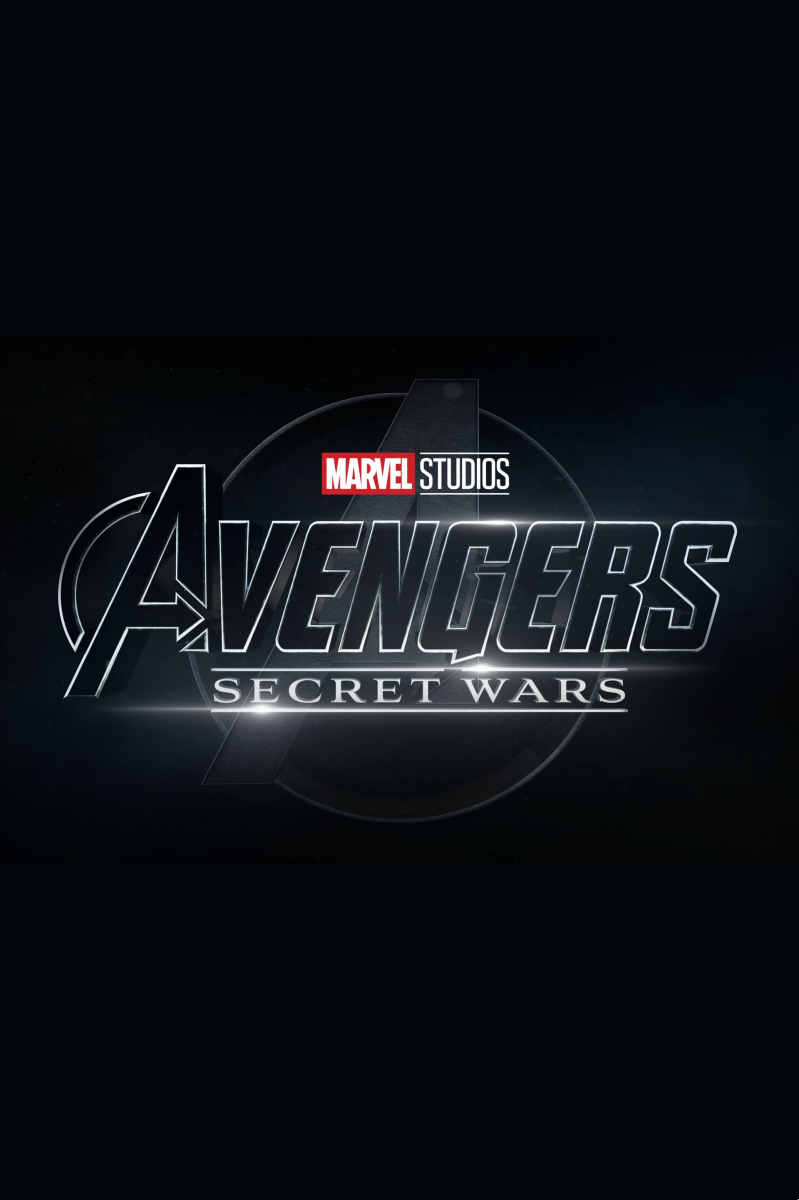Warning: This post contains major spoilers for Black Panther: Wakanda Forever
Phase 4 kicked off the Marvel Cinematic Universe's Multiverse Saga, but not every recent Marvel Studios release focused on variant characters or alternate dimensions. The multiverse concept was first mentioned in 2013 via Erik Selvig’s notes in Thor: The Dark World and was expanded on in Spider-Man: No Way Home, WandaVision, Loki, What If...?, and Doctor Strange in the Multiverse of Madness. It will also play an important part in the upcoming Avengers movies, The Kang Dynasty and Secret Wars.
Some of the MCU’s other Phase 4 productions have only touched on the multiverse. Ms. Marvel included a reference to the Noor Dimension, while Shang-Chi and the Legend of the Ten Rings introduced the Ta Lo Dimension. However, several MCU movies and TV shows have not included the multiverse at all. Instead, they centered on other themes, notably the fallout of the Avengers reversing Thanos’ Avengers: Infinity War snap and the push to develop legacy characters for Earth’s mightiest heroes.
The Falcon and the Winter Soldier
The Falcon and the Winter Soldier dealt with Sam Wilson's (Anthony Mackie) and Bucky Barnes' (Sebastian Stan) life without Steve Rogers (Chris Evans), as the pair teamed up to take on the Flag Smashers, a Super-Soldier group who preferred life during the Blip. The show didn't include any Captain America variants from different universes but did feature other Earth-616 Caps. John Walker (Wyatt Russell) was made the new Captain America by the U.S. government, despite Rogers passing the shield on to Wilson in Avengers: Endgame. Wilson was warned of the dangers of the racial hypocrisy of two Captain Americas by Isaiah Bradley (Carl Lumbly).
Black Widow
The only Phase 4 project to be set before Avengers: Endgame, Black Widow was the long-awaited solo movie for Natasha Romanoff (Scarlett Johansson). Black Widow explored Romanoff's past as the former-KGB assassin teamed up with her family in Yelena Belova (Florence Pugh), Melina Vostokoff (Rachel Weisz), and Alexei Shostakov, aka Red Guardian (David Harbour). The family took on Dreykov (Ray Winstone), the head of the Red Room, and his mercenary Taskmaster (Olga Kurylenko). Like other Phase 4 releases that didn't feature the multiverse, Black Widow added new characters to the MCU, with Yelena in particular set to play a large role in the franchise's future as her older sister's replacement.
Eternals
Eternals was one of the most anticipated Phase 4 releases as it was the first time the immortal group featured in the MCU. The film explained why the Eternals didn't interfere in Infinity War and was a visual spectacle, but was ultimately met with mixed reviews because of its long runtime and, at times, dull story. While the Eternals were clearly extremely skilled and knowledgeable individuals, it's not clear what relevancy they had to the multiverse. However, the Eternals' post-credit scenes teased that they will play a role in the MCU franchise down the line.
Hawkeye
Like The Falcon and the Winter, Hawkeye was another Phase 4 TV show that focused on Endgame's fallout. Clint Barton (Jeremy Renner) reluctantly teamed up with Hawkeye super-fan and skilled archer Kate Bishop (Hailee Steinfeld) to fight off enemies he made while fighting as the vigilante Ronin. Although the multiverse didn't feature, Hawkeye did make Wilson Fisk, aka Kingpin (Vincent D'Onofrio), a fully-fledged part of the MCU, having previously starred in Netflix's Daredevil. Hawkeye also made strides in upgrading the MCU's young Avengers team, with Kate Bishop's relationship with Black Widow's Yelena a series highlight.
Moon Knight
Moon Knight was a unique entry in Phase 4 because it didn't have any appearances or cameos from existing MCU characters. Darker than most MCU productions, the superhero Moon Knight (Oscar Isaac) took on a cult leader who drew power from Egyptian gods. In Moon Knight, Isaac played multiple characters, but that was down to Marc Spector/Steven Grant's dissociative identity disorder rather than having anything to do with multiverse variants.
Thor: Love and Thunder
Taika Waititi's second Thor movie, Thor: Love and Thunder, was another cosmic adventure for Chris Hemsworth's Asgardian hero. This could have been a candidate to include multiverse antics. Instead, Thor was forced back into battle to take on Gorr the God Butcher (Christian Bale). Thor 4 started with the God of Thunder traveling through space with the Gamora-lacking Guardians of the Galaxy. A Thor variant appeared in Love and Thunder, but technically they didn't qualify as an actual variant, as Jane Foster (Natalie Portman) became the Mighty Thor after Mjolnir chose Thor's ex-girlfriend to be its new wielder.
She-Hulk: Attorney at Law
She-Hulk: Attorney at Law turned out to be one of the most divisive MCU Phase 4 shows. The Disney+ series followed Jennifer Walters (Tatiana Maslany), the lawyer cousin of Bruce Banner (Mark Ruffalo), who became the superhuman She-Hulk after being contaminated with the Hulk's blood. While there was some criticism aimed at She-Hulk's CGI and overly meta finale, the show did a good job of bringing Jen Walters into the MCU, and her dynamic with Daredevil (Charlie Cox) was fun. It also paved the way for Daredevil's new MCU show, reintroduced the Abomination (Tim Roth), and established Hulk's blood as a weapon.
Werewolf by Night
The MCU's Phase 4 was full of experimental movies and shows, but arguably Werewolf by Night was the biggest experiment of them all. The Halloween special was entirely removed from anything else in the MCU, following Jack Russell (Gael García Bernal) as a monster hunter who transformed into a werewolf. Although Werewolf by Night didn't enter the multiverse, it did demonstrate Marvel Studios' ambition to dig deeper into the comic source material and try out new ideas.
Black Panther: Wakanda Forever
Black Panther: Wakanda Forever was always going to be difficult after the real-life passing of Chadwick Boseman. However, Ryan Coogler handled the story with class and creativity as the mantle of Black Panther was passed on. Wakanda Forever furthered the MCU in many respects with Shuri (Letitia Wright) becoming the new Black Panther, the introduction of the MCU's new mutant Namor (Tenoch Huerta), and bringing in the Tony Stark (Robert Downey Jr.) legacy character Riri Williams (Dominique Thorne). While Wakanda Forever didn't enter the multiverse, it will go down as one of the Marvel Cinematic Universe's best Phase 4 projects.

-(66).jpg)
